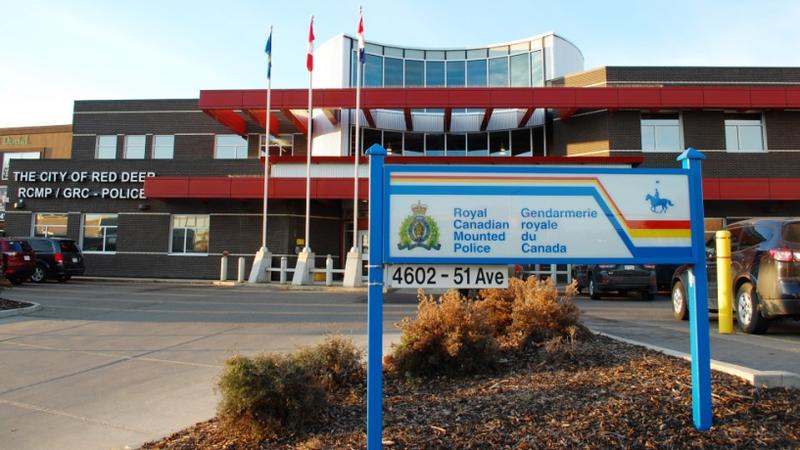
City of Red Deer to pay $6.3 million in retroactive RCMP costs
The City of Red Deer says its bill for retroactive RCMP costs is $6.3 million, to be paid by March 2025.
“Municipalities weren’t at the table when this was negotiated and not at the table in terms of being able to say definitively how this was going to impact their day-to-day operations. My concern here is suddenly you’re handed this bill and here’s your two years to pay it when you’ve had no input at the front end,” says Mayor Ken Johnston, adding the bill is a “huge hit” to the bottom lines of municipalities.
The mayor was on his way back from the Alberta Municipalities (AM) 2023 Spring Municipal Leaders’ Caucus, which took place from March 30-31 in Edmonton, alongside Councillors Dianne Wyntjes, Lawrence Lee and Bruce Buruma.
He said that at the meeting, AM President, and Mayor of St. Albert, Cathy Heron said she would issue a statement to advocate against the decision. The Federation of Canadian Municipalities (FCM) vocalized the same.


